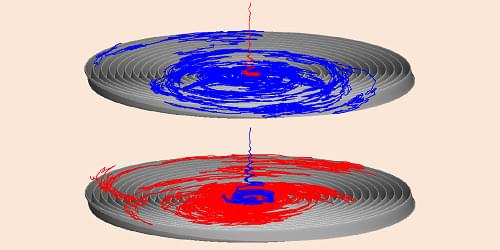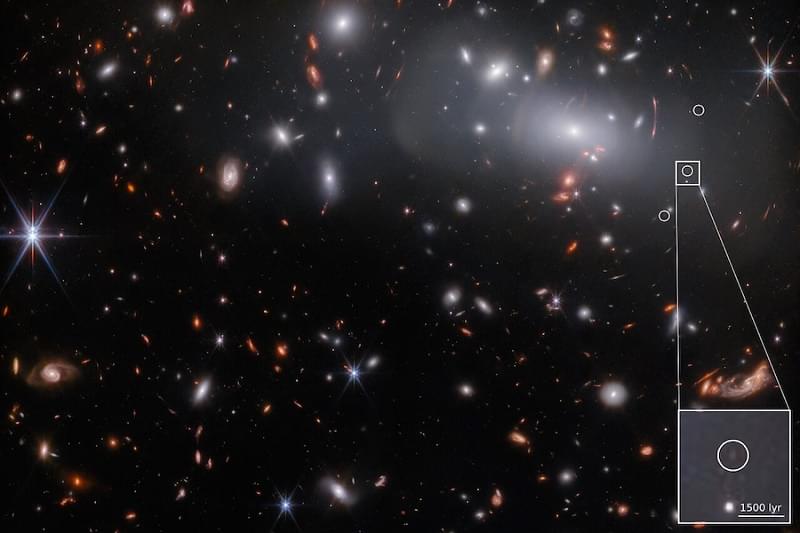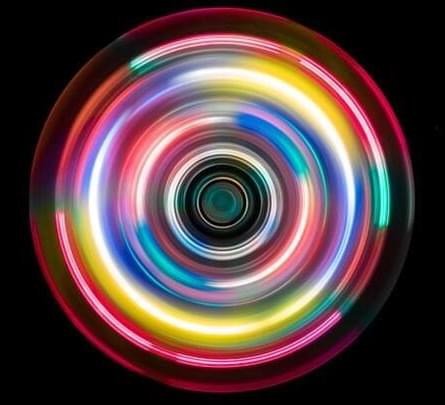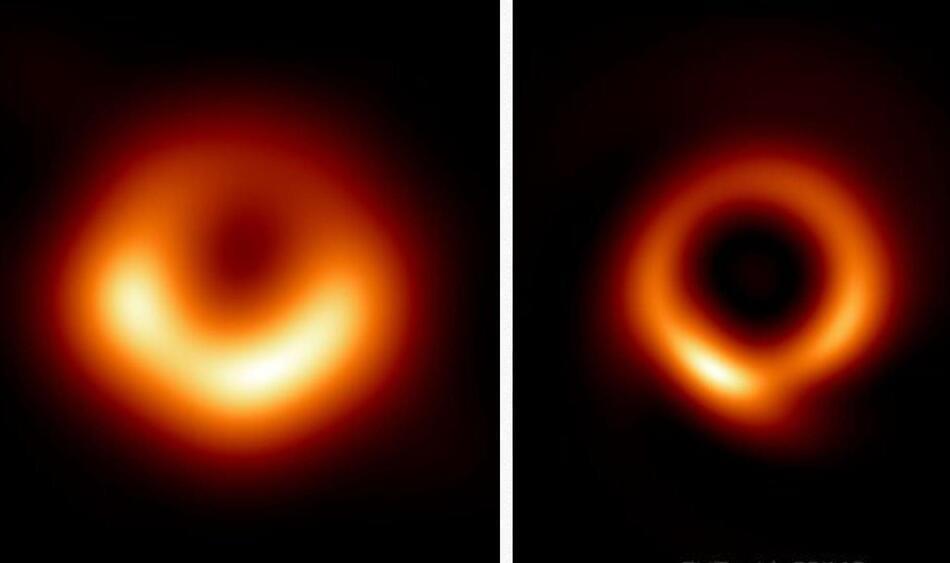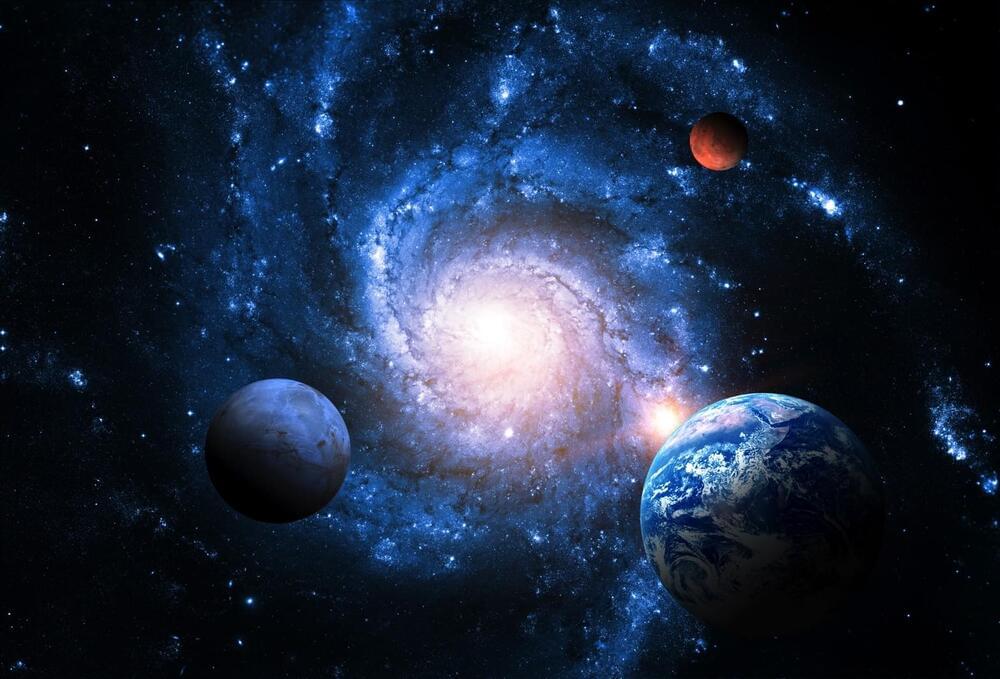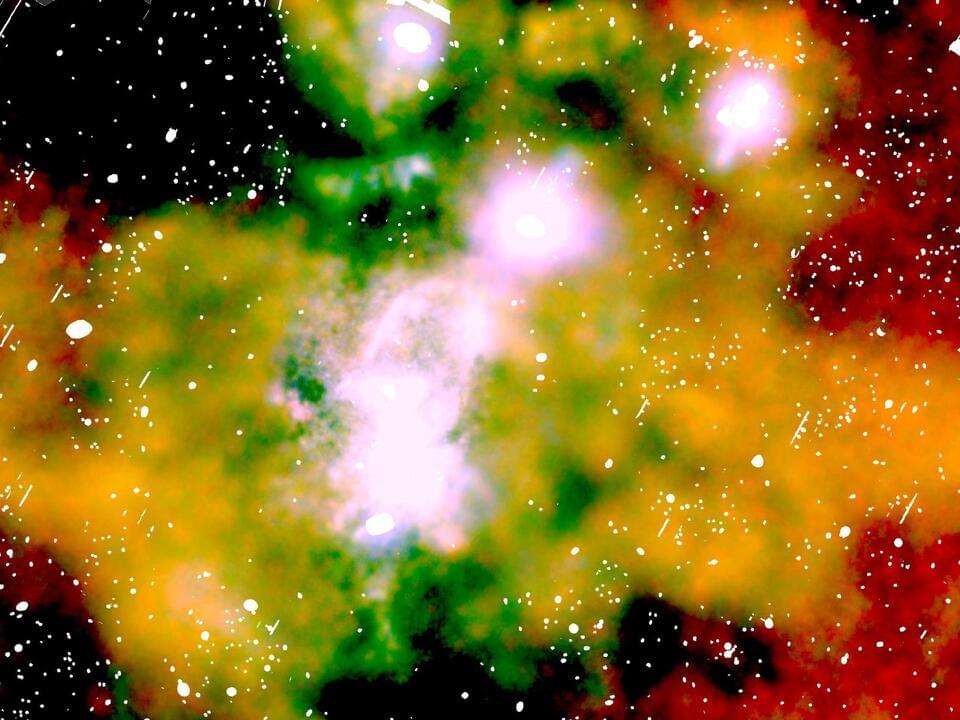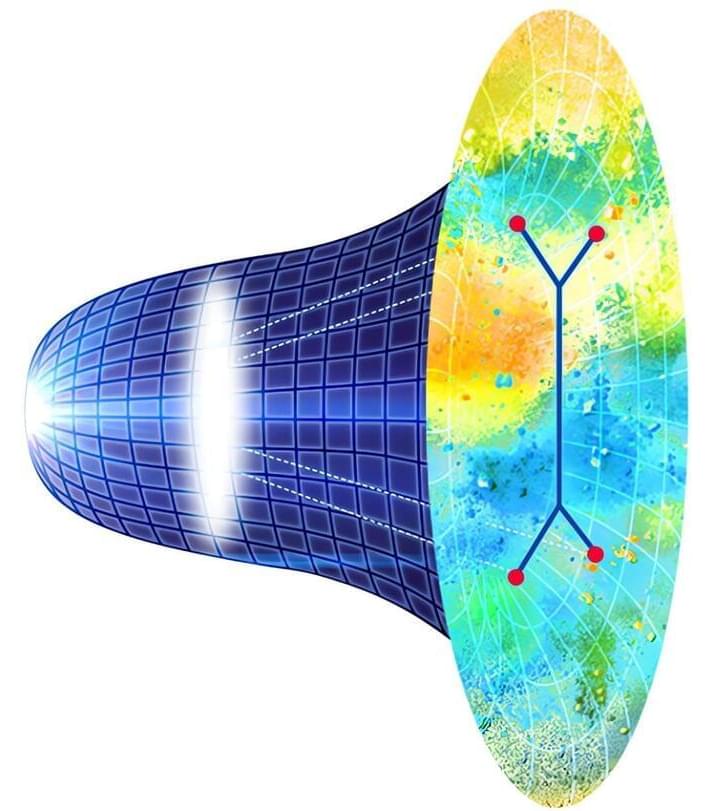The first 100 people to use code UNIVERSE at the link below will get 60% off of Incogni: https://incogni.com/universe.
Researched and Written by Colin Stuart.
Check out his superb Astrophysics for Beginners course here: https://www.colinstuart.net/astrophysics-course-for-beginner…on-online/
Edited by Manuel Rubio.
Narrated and Script Edited by David Kelly.
Thumbnail art by Ettore Mazza, the GOAT: https://www.instagram.com/ettore.mazza/?hl=en.
Animations by Jero Squartini https://fiverr.com/freelancers/jerosq.
Stock footage taken from Videoblocks and Artgrid, music from Epidemic Sound, Artlist, Silver Maple and Yehezkel Raz.
Space imagery also used from NASA and ESO.
Specific image credits:
AT Service via Wikimedia for images of Kip Thorne and Bryce DeWitt.
Massachusetts Institute of Technology, via Wikimedia Commons for the image of Bruno Rossi.
00:00 Introduction.
06:00 The Block Universe.
16:25 Visiting The Future.
27:00 Visiting The Past.
37:59 Time Streams.
#wormhole #quantum
